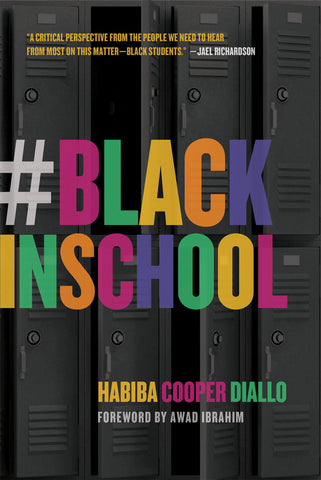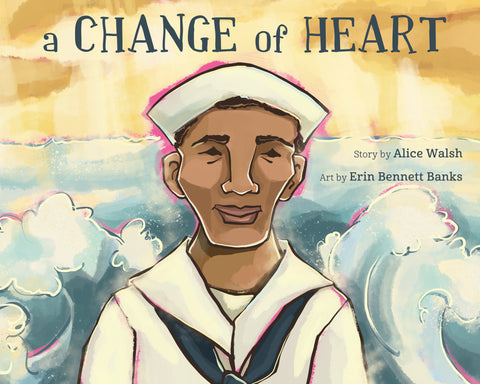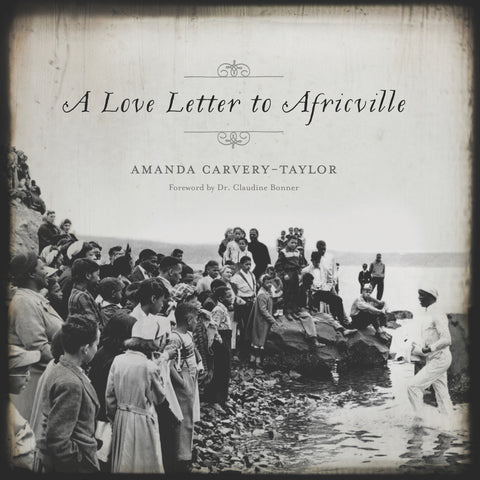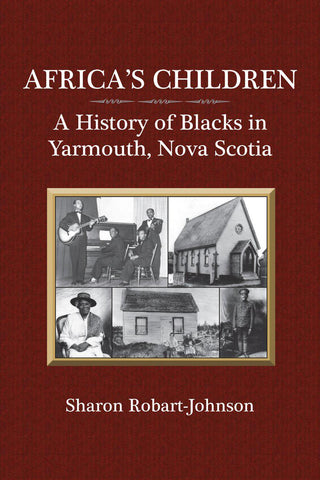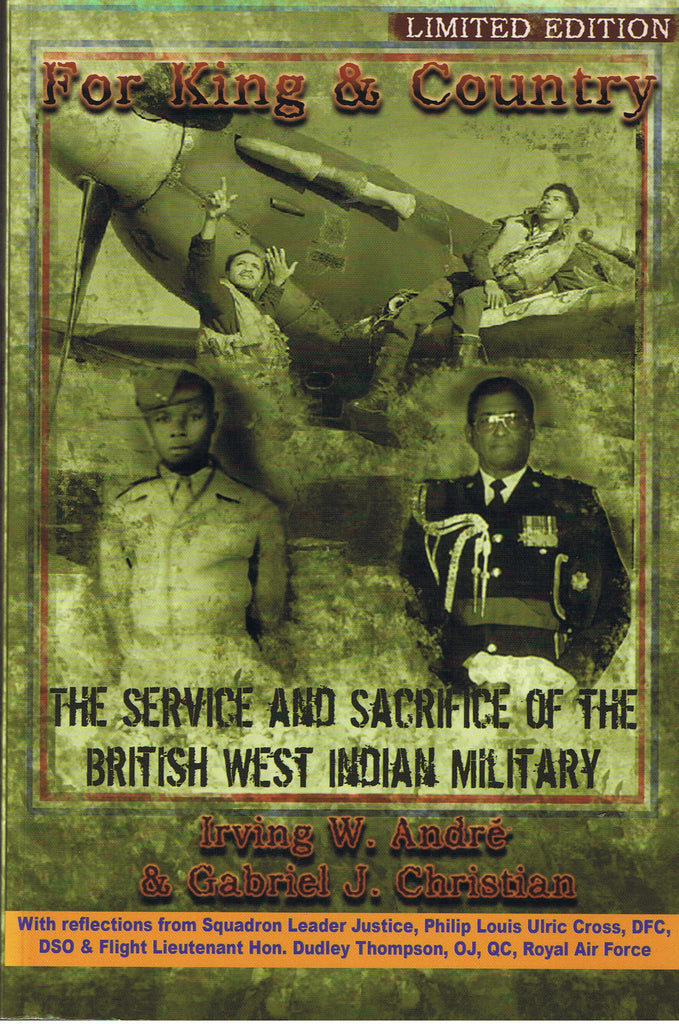
Irving W. Andre & Gabriel J. Christian
For King & Country - The Service and Sacrifice of the Dominican Soldier
$15.00
The role of the British West Indian soldier in World Wars I and II has been seldom explored. In this groundbreaking work, Irving W. Andre and Gabriel J. Christian, provides a fascinating history of British West Indian soldiers. Revealed is the little known 1802 revolt by British West Indian soldiers against slave conditions at Fort Shirley, Dominica; World War I action by West Indian soldiers against Turkish forces in the Middle East; and West Indians in Royal Air Force (RAF) service as pilots, navigators, bomb aimers and ground crew during World War II. Seldom written of, and revealed here, is the fact that 7,000 British West Indians served in the RAF during World War II, and the purchase of dozens of aircraft for the RAF by West Indians who raised such funds under harsh economic conditions. This history is given a deeply personal touch as it is told through the words of two Dominican veterans who served in the British Army's South Caribbean Forces: Wendell Christian and Twistleton Bertrand. We read also of Dominicans such as Harold Bryant, Osmunde St. Clair Alleyne, and L.A. McKoy who won high honors, to include the DFC, for their courage shown over the skies of battle torn Europe. The role of the South Caribbean Forces in securing the islands during the U-Boat war unleashed by Germany on allied shipping is reviewed in graphic detail. To that end, it is revealed that the allies lost 400 ships to German U-Boats in the Battle of the Caribbean; with the Germans losing only 23 U-Boats in return. We are also introduced to Trinidadian-born RAF Squadron Leader, Phillip Louis Ulric Cross, DFC, DSO. An ace navigator, he did 80 missions over occupied Europe in 139 (Jamaica) Squadron of RAF Bomber Command. We also get an introduction to the fascinating life story of RAF Flight Lieutenant Dudley Thompson, who served in a Lancaster bomber, then went on to become a Rhodes Scholar at Oxford and an organizer of the Fifth Pan African Congress in Manchester. He later served as Jamaica's Minister of Foreign Affairs and National Security in the cabinet of Michael Manley who, himself, served in the Royal Canadian Air Force during World War II. The link between military service and political leadership is revealed in stark detail in this work, when one considers that Caribbean legends such as Norman Washington Manley, Milton Cato, Dr. Edward Scobie, Captain Arthur Cipriani, Tubal Uriah "Buzz" Butler, and Errol Barrow were all veterans of British military service in World Wars I and II. Through the eyes of Wendell Christian and Twistleton Bertrand, we grasp the importance of such history in attaining a better understanding of the Caribbean's role in world affairs. The story of the Dominican soldier is woven into the wider tableau of period history and the West Indian soldier at war for the British Empire. In a world of unintended consequences, as with many African American soldiers who became leaders for social justice, the exposure of these British West Indian soldiers to war, hastened their transformation into activists for political independence. As did African American soldiers like legendary lawyer Charles Hamilton Houston who was an artillery Captain in World War I and NAACP leader Medgar Evers, who served gallantly in the US army during the invasion at Normandy, France, in World War II, many former British West Indian service men and women became leaders in the newly independent Caribbean nations. This fascinating book should find a place on the shelf of every student of world history. It also contains 50 rare photographs of British West Indians at war.

